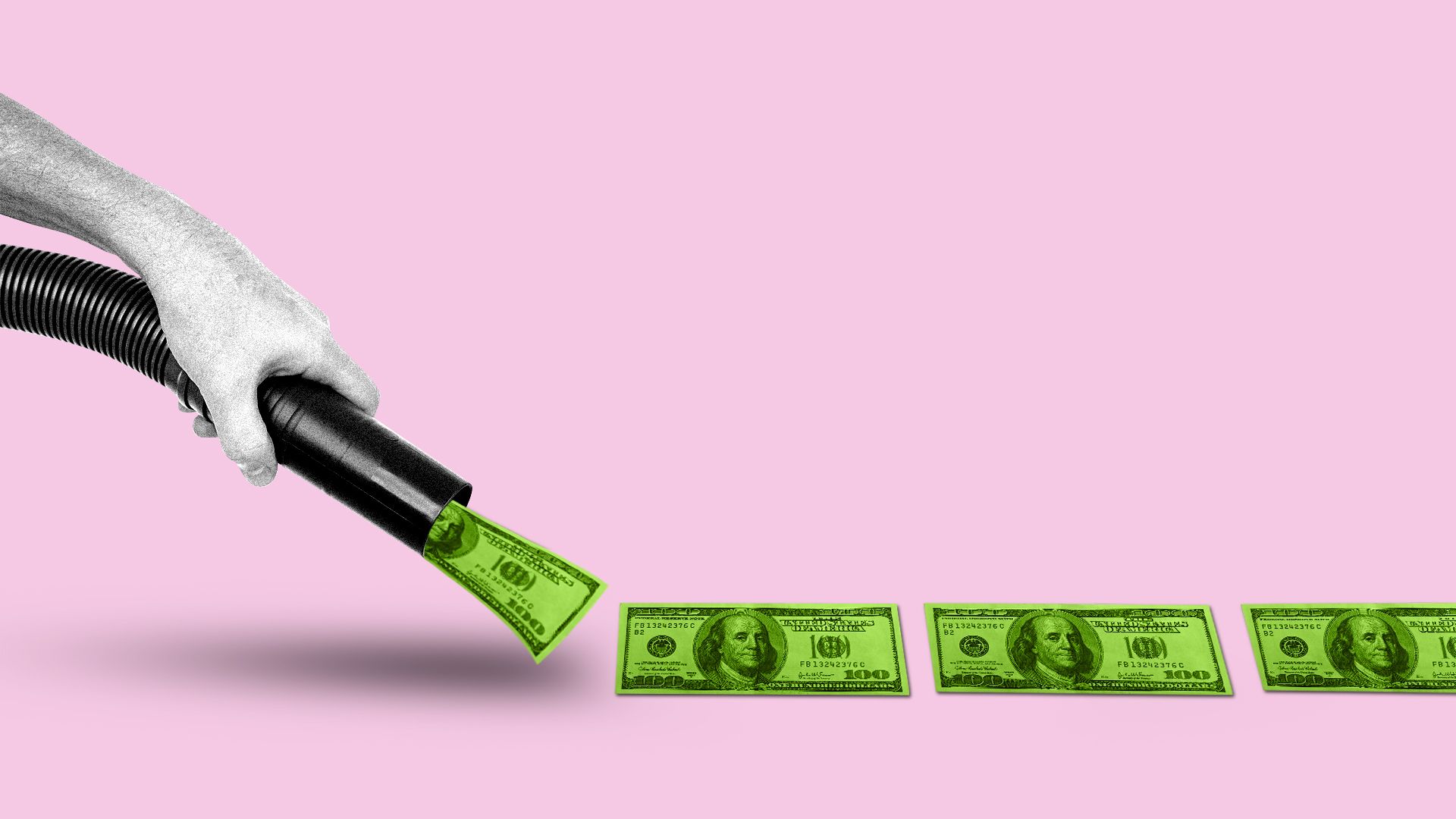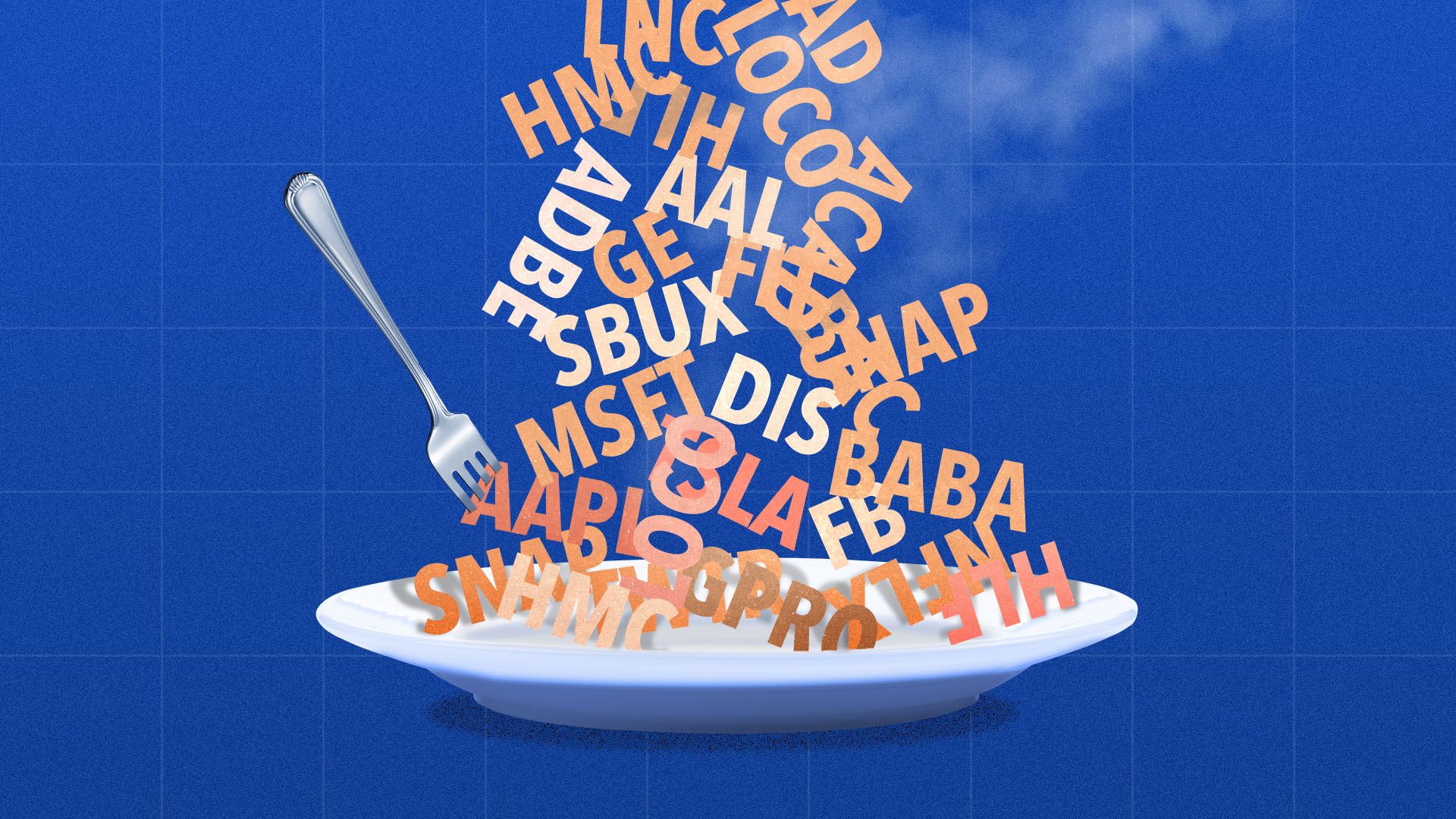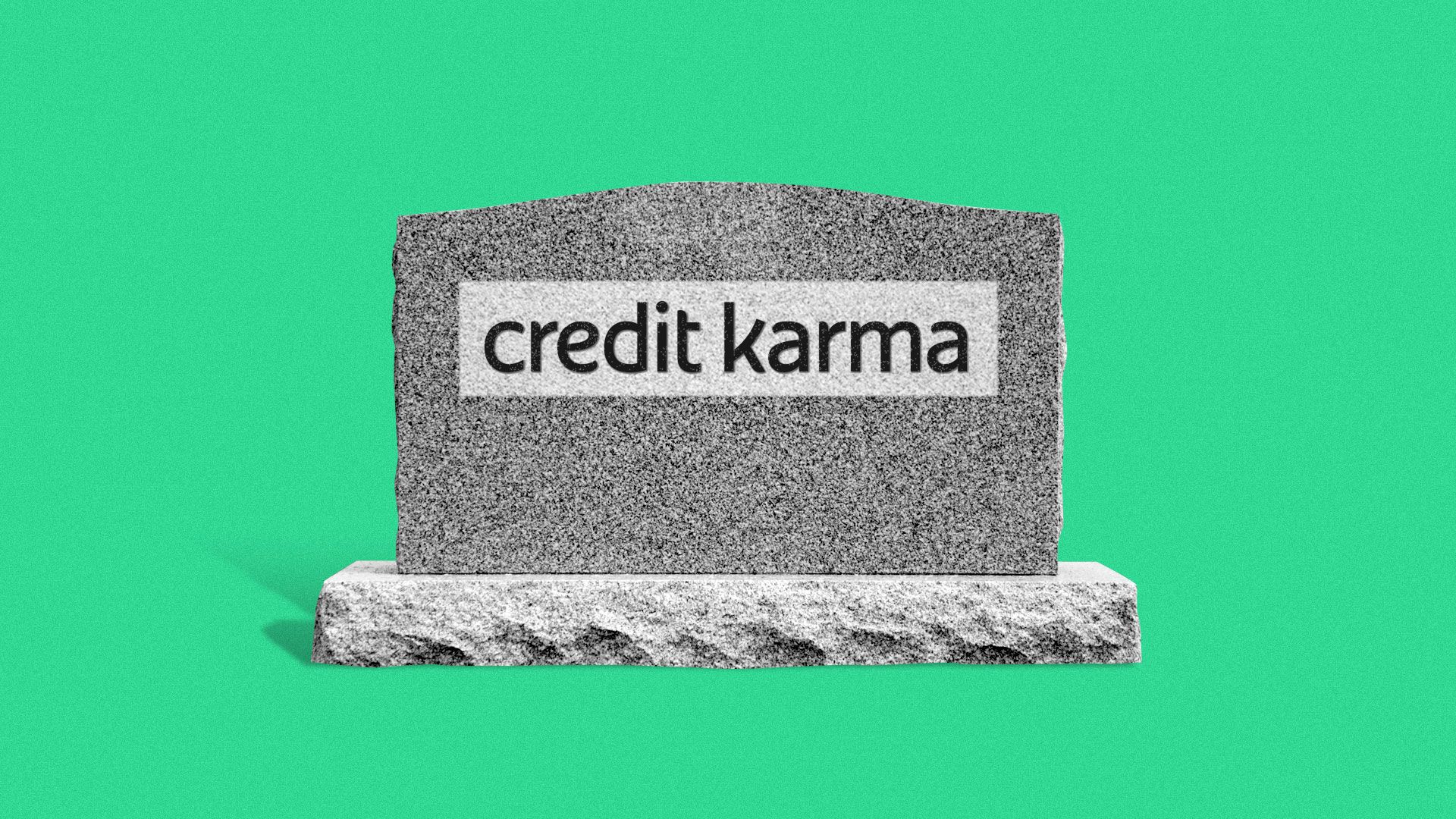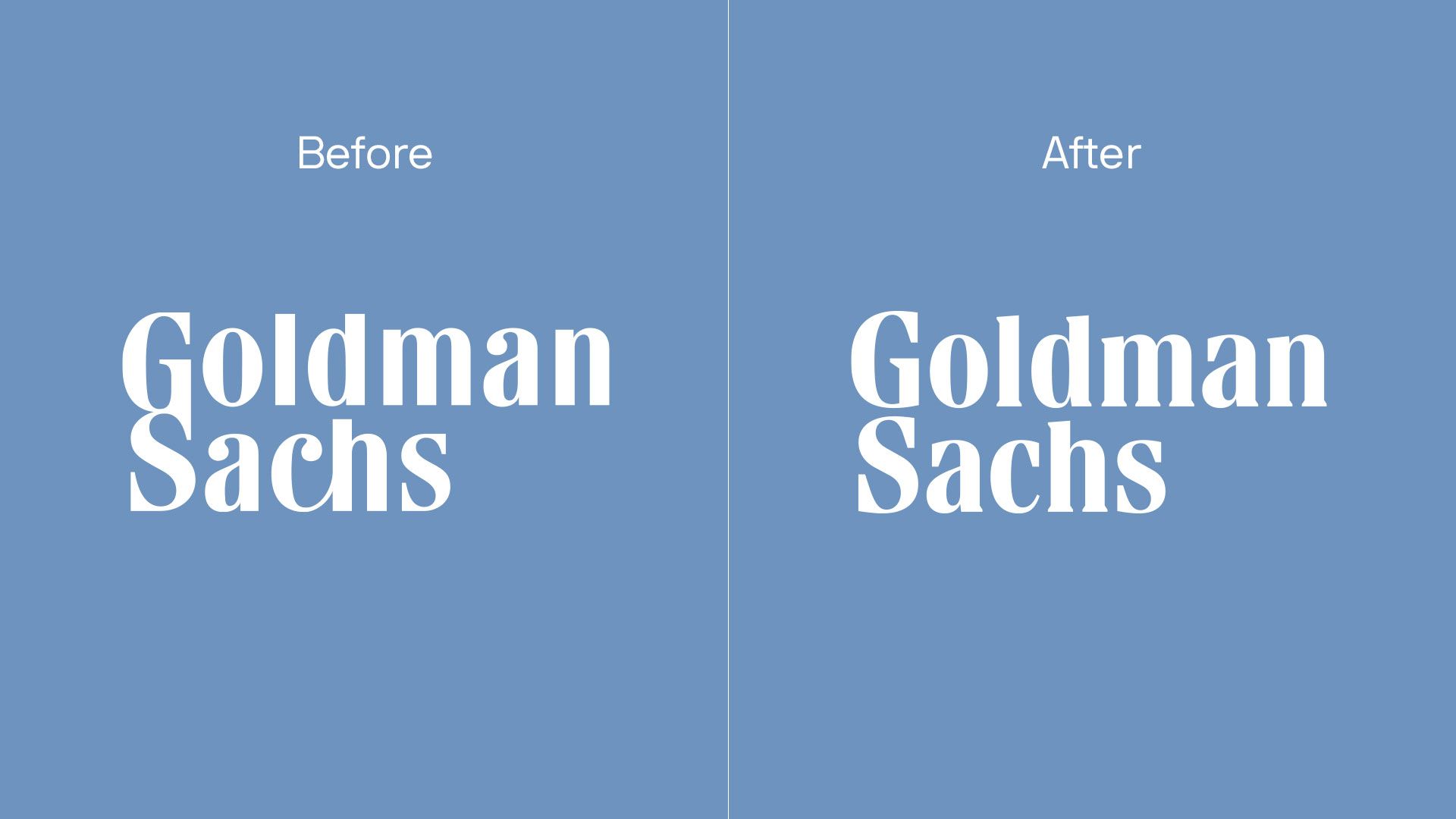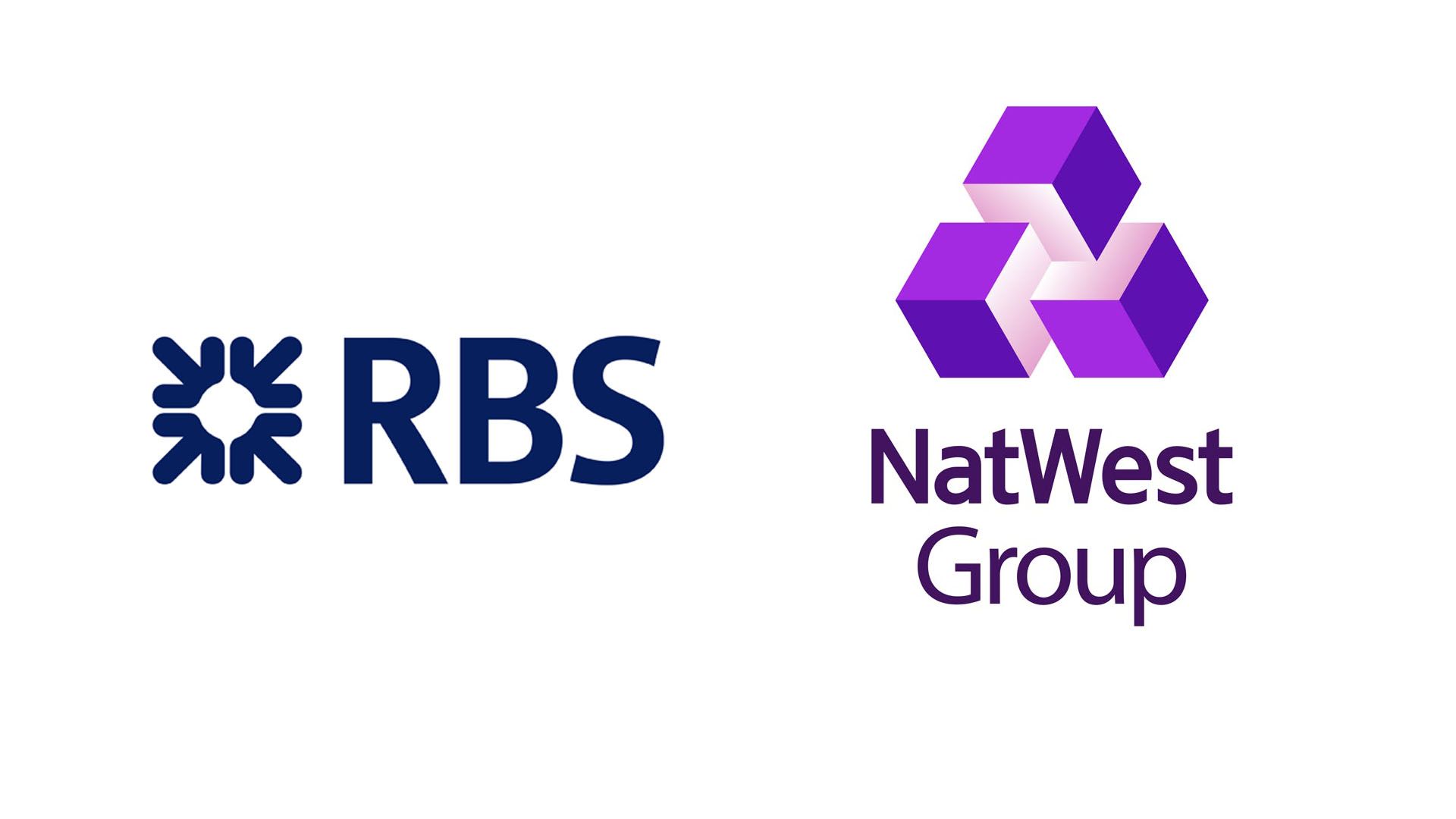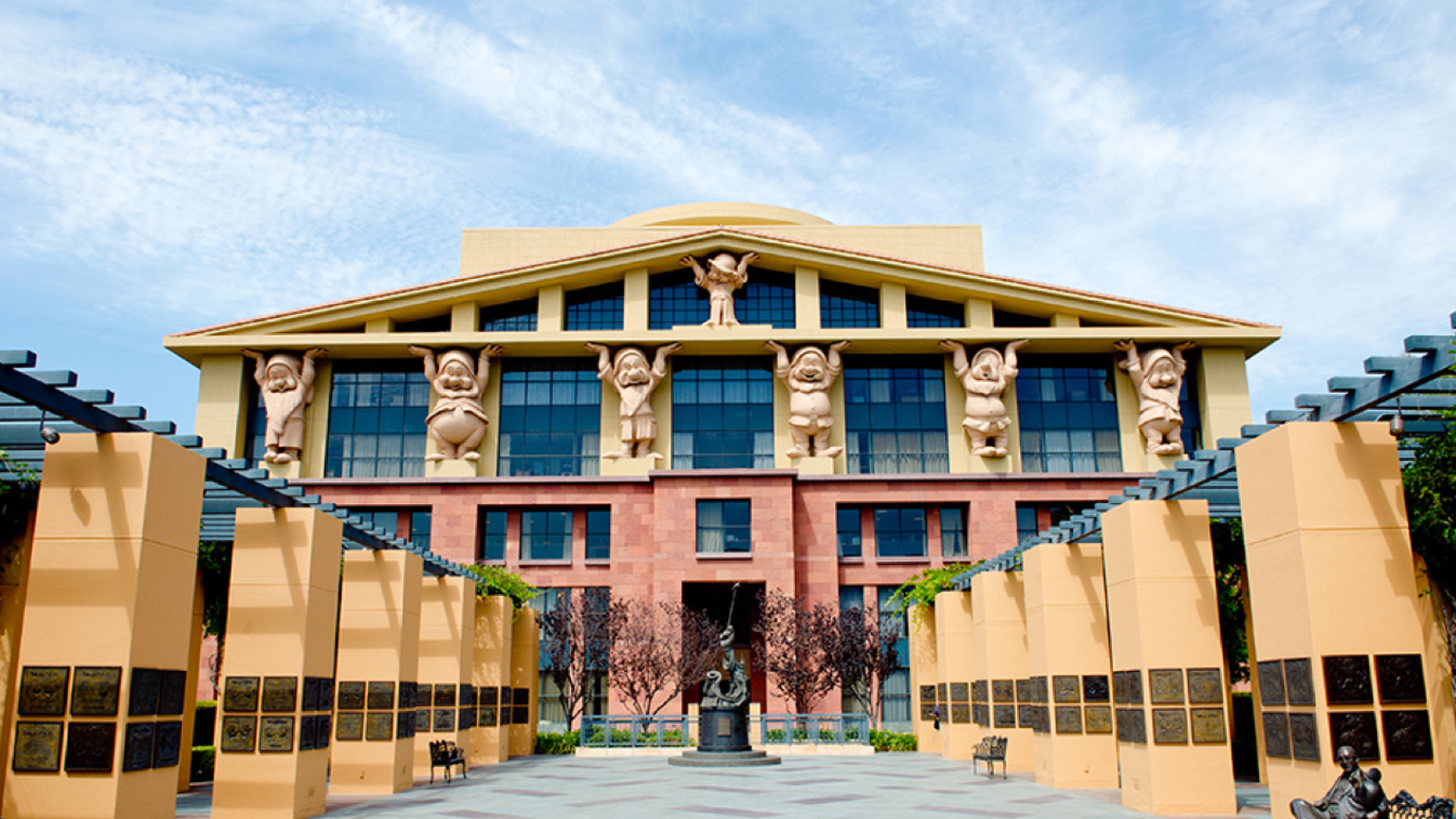Axios Capital

February 27, 2020
Congratulations on making it to the end of a very long week. Enjoy your weekend, it starts now.*
- In this week's issue of Axios Edge (please subscribe here if you don't already): Wasting money, slumping bond yields, too much stock trading, dubious fintech acquisitions, new logos, departing CEOs, and much, much more.
- The whole thing is 1,826 words, a 7-minute read.
1 big thing: Useless money
Illustration: Aïda Amer/Axios
February saw one of the most effective ways of destroying wealth, thanks to the gyrations in the stock market. More broadly, institutions and individuals around the world have been getting better and better at vacuuming up money and keeping it from doing useful things in the economy as a whole.
Driving the news: Stocks went up this month and then they went down. The rise in stocks coincided with sustained buying pressure — a lot of money entered the market as it was going up. Then the fall came suddenly, not so much as a result of selling pressure, more as a result of the market reacting to coronavirus news by simply marking down the valuation of most stocks.
- The result: The money that went in to the market while it was rising was lost, while almost no one successfully took profits at the top. Losses therefore vastly exceeded gains, even when the stock market was flat on the month. Now that the market has turned negative for February, the losses are greater still.
The big picture: The U.S. stock market pays out, in dividends and buybacks, much more money than its member companies receive from the sale of shares in IPOs and secondary offerings.
- What that means: Money flowing into the stock market just goes to other investors. It doesn't really help the companies whose shares are being bought. Rather, those companies take the profits from their billions of customers and pay them out to their shareholders. Roughly 50% of all dividends and buybacks end up flowing to the richest 1% of the population.
The Mormon church similarly takes tithes from its millions of members and funnels them into a $100 billion investment fund, Ensign Peak Advisors, that never spends any money on anything. According to the WSJ, employees were told that funds would get spent only when there was "direction from the prophet." (The prophet, the president of the church, is in turn inspired by God.)
Germany's economy is imploding because of the so-called "Black Zero" — the idea that citizens' tax revenues should be saved by the government rather than spent. Germany had a consolidated government budget surplus of some €50 billion in 2019.
Non-economic investments are ludicrously expensive, whether they're in bitcoin (~$9,000 per coin), gold ($1,650 an ounce), or even art ($105 million for a brace of Picassos).
The bottom line: When the very rich just shuffle money around among one another, it serves no useful purpose. If you lend money out, by contrast, it nearly always gets immediately spent in the real economy. But one problem with near-zero interest rates is that they make debt less attractive as an investment.
2. Another lurch toward zero


The bond market set a significant milestone on Thursday, with bond yields — as measured by the yield on the benchmark 10-year Treasury note — dropping below 1.3% for the first time in history.
- The yield was above 3% as recently as November 2018.
Why it matters: The ultra-low yield on U.S. bonds indicates that the market is very somber about the future. It means that...
- Long-term inflation expectations are well below the Fed's 2% target rate.
- Long-term growth expectations are also pretty mediocre.
- Bearish demand for ultra-safe assets is projected to remain very strong for a decade at least.
Low interest rates also prove that trillion-dollar annual deficits don't cause rates to rise. Quite the opposite, it would seem. At least the government is spending those trillions, rather than trying to save them for some rainy day.
3. Traders splurge at the free buffet
Illustration: Sarah Grillo/Axios
When you give something away, people are likely to consume far too much of it. That's true of food, it's true of drink, and it's true of options trades.
Why it matters: The best thing that an investor can do is nothing. People who actively trade the market are effectively trying to time it — to buy low and sell high. Voluminous literature has shown that it just doesn't work, and that doing nothing is superior to doing something a significant majority of the time.
What's happening: Most online brokerages now charge $0 for stock trades. Even Vanguard charges $0 to trade in and out of stocks, ETFs, and, yes, options. In turn, hundreds of thousands of investors flocking to places like r/wallstreetbets are sending trading volumes through the roof.
Be smart: No good can come of this. The one silver lining to high stock-trading commissions was that they discouraged trading. And the one advantage that retail investors have over the pros is that they have the ability to buy and hold for the long term, without trying to outperform on a quarterly basis.
- If the market turmoil is tempting you to buy or sell, you may want to think again.
4. Credit Karma falls to Intuit
Illustration: Eniola Odetunde/Axios
Karma says that if something bad happens to you now, you probably did something to deserve it. So what did Credit Karma do to deserve being bought by Intuit?
- Credit Karma is the most successful of the apps built around giving people their credit score for free. It had about $1 billion in revenue in 2019, and served some 37 million monthly active users.
- It's being bought by Intuit for $7.1 billion.
What they're saying: "The complementary strengths of our combined companies will help us to invest in innovation, build faster and deliver products our consumers expect and deserve.” That's Kenneth Lin, the founder and CEO of Credit Karma, in the official press release.
Intuit is good at many things, including lobbying the government, making a lot of money, and being the target of hard-hitting investigative journalism.
But, investing in innovation and building faster are not among its skills.
- Intuit's two tentpole products — TurboTax and QuickBooks — deliver bloated, unpleasant experiences. They have also evolved glacially.
- Intuit's third main product, Mint, was much loved when it was acquired in 2009. Since then it has been all but abandoned.
- A fourth product, Turbo, was designed to compete directly with Credit Karma by providing a free credit score. The fact that Intuit is now spending $7 billion on Credit Karma tells you everything you need to know about how well Turbo did.
The big picture: When young fintech startups create products and services that surpass what's available from the old guard, they often get snapped up by giants. Clarity Money was bought by Goldman Sachs, Plaid was bought by Visa, Simple was bought by BBVA. Those acquisitions almost never result in the product getting better faster than it would have done independently.
For the record: Intuit offered to make the CEOs of both companies available to Axios. But when I said I'd be happy to talk to them, they refused to talk to me. I therefore never got the opportunity to ask them whether they intend to allow Credit Karma advertisers to target customers based on the contents of their tax returns.
5. Bodoni out at Goldman
Logos via Goldman Sachs
It's not Giambattista Bodoni's fault that he's been ousted from Goldman Sachs; after all, he's been dead for 207 years.
Between the lines: The elegant Goldman Sachs logo, based on Bodoni's eponymous typeface, was deemed insufficiently legible at small sizes (like, for instance, the phone on which you're probably reading this.)
- Out: The first letters of "Goldman" and "Sachs" are no longer combined into a single glyph. The graceful ch ligature in "Sachs" was also jettisoned. And Bodoni's trademark terminals — the bulbous parts of the lower-case "a" and "c" — have become stark and angular.
- In: The new kerning — the spacing between the letters — is designed for readability rather than beauty. Overall, the new logo is blunter and edgier than its predecessor. If the old logo is Gustav Mahler, the new one is Alban Berg.
What to watch: Type design agency Dalton Maag oversaw the logo refresh. They have also created a custom typeface, Goldman Sans, which will be rolled out later this year.
Go deeper: In 2012, I compared the Goldman logo to the the original cover of Truman Capote's "In Cold Blood," describing both of them as "carefully hand-drawn and fastidious."
Bonus: A U.K. name change
Logos via RBS. Which will soon be NatWest Group
For 275 years, RBS was a smallish Scottish bank — the initials stand for Royal Bank of Scotland, and the logo is supposed to resemble a thistle, somehow. But then it got ambitious.
- In 1999, RBS bought the much larger NatWest bank in a hostile takeover; it then bought a 10% stake in the Bank of China for $1.7 billion in 2005. At the beginning of the financial crisis in 2007, it was part of a consortium that bought the Dutch giant ABN Amro.
- In 2008, RBS was nationalized by the U.K. government in a last-ditch move to prevent the collapse of the country's banking system.
Its brand and reputation now irreparably tarnished, RBS has decided to change its name.
6. What we're reading: "Golden Gates"
Book cover via Penguin Random House
Becoming an expert on the American housing system — the labyrinth of zoning regulations, the intricacies of legislative chicanery, the internecine feuds between YIMBYs and NUMTOTs — is grueling work.
- Managing that and then being able to write a compellingly readable book about it all is next to impossible. Somehow Conor Dougherty, an economics reporter at the New York Times, has managed to pull it off.
"Golden Gates" is not a book of policy recommendations with a tidy if improbable solutions chapter at the end. Instead it's a messy yet deeply human story of how our democracy has evolved — so very imperfectly — to create a massive shortfall of housing, especially in and around San Francisco, and how a varied cast of characters is seeking to address that crisis.
- No matter where you stand in the housing debate, Dougherty will persuade you that, looked at through someone else's eyes — someone very sympathetic, at that — your prescriptions are the problem, rather than the solution.
- Dougherty embraces that complexity, richly capturing a housing crisis whose stories are normally either radically oversimplified or incomprehensibly convoluted.
The book's conclusion: "There's no way to rectify a housing shortage other than to build housing, and there's no way to take care of people whom the private market won't take care of other than subsidies or rent control, or both. The details are democracy."
Go deeper: Dougherty came on my podcast recently for a special housing edition of the show.
7. CEOs rush for the exit


Never before now have four major public company CEOs announced their departure on the same day. Yet that's what happened on Tuesday, at the height of the market panic over coronavirus. The list: Bob Iger of Disney, Ajay Banga of Mastercard, Keith Block of Salesforce, and Jim Smith of Thomson Reuters.
- They're part of a trend. CEO departures are spiking, per Challenger, Gray & Christmas. There were a record 219 in January.
- Iger is also part of the trend of CEOs becoming executive chairman of the board. In January, 36.5% of departing CEOs stepped down into a board position, a record high and more than double the rate in 2013.
8. Coming up: The EU's climate law
Illustration: Aïda Amer/Axios
The head of the European Commission will unveil the EU's "climate law" on Wednesday, Axios' Courtenay Brown writes.
Why it matters: The bloc wants to become carbon neutral by 2050. This law could be a big step toward doing that.
- The plan is known as the European Green Deal. The law will give those proposals "legal teeth," as the FT puts it. It would make achieving the goal binding — and irreversible — for EU member states.
- What Ursula von der Leyen proposes next week will need approval from the European Parliament and EU countries.
9. Building of the week: Disney HQ, Burbank
Photo: Disney
Disney's headquarters in Burbank, California, was built by Michael Graves in 1986. The building is famous for putting the seven dwarfs into service as caryatids holding up its monumental pediment.
- The building was not well reviewed when it opened. Paul Goldberger said the building was too big and self-important to be funny, while Ada Louise Huxtable bemoaned "the art of architecture as packaging or play-acting."
*Terms and Conditions apply. Not valid in all states. Axios is not responsible for any adverse side effects of leaving work for the weekend on a Thursday afternoon.
Sign up for Axios Capital

Learn about all the ways that money drives the world
